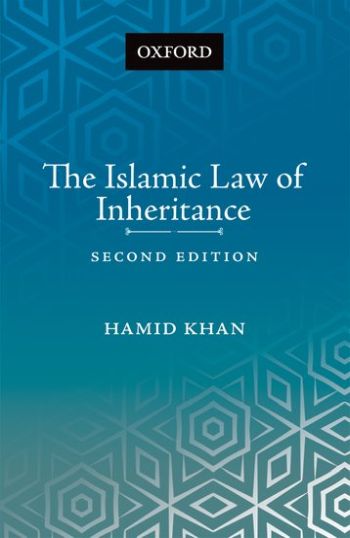
This book covers the study of the Islamic law of succession, intestate as well as testamentary. Based on original sources, it includes the historical and theological basis of law developed by the Muslim schools of jurisprudence. The book explains clearly the Sunni and Shia law of inheritance. The points of view of all four Sunni schools of jurisprudence have been discussed in depth wherever there is divergence of opinion amongst the jurists of these schools. The author presents a comparative study between the Sunni and Shia laws of inheritance and focusses on problems being faced by Muslims, due to the strict application of traditional Islamic law in their contemporary situations. These problems have been analyzed in the light of various reforms introduced by Islamic countries to resolve such issues.
The second edition includes the latest case law laid down by the superior courts in Pakistan and the latest reforms introduced by the Islamic countries have also been included in this edition.
This book is an essential component of the course on 'Muslim Personal Law' for LL.B. students and the course on 'Islamic Law' for LL.M. students. It will also be of great interest to lawyers, judges, law teachers, law students, civil servants and revenue officers and the general reader and students of Islam.